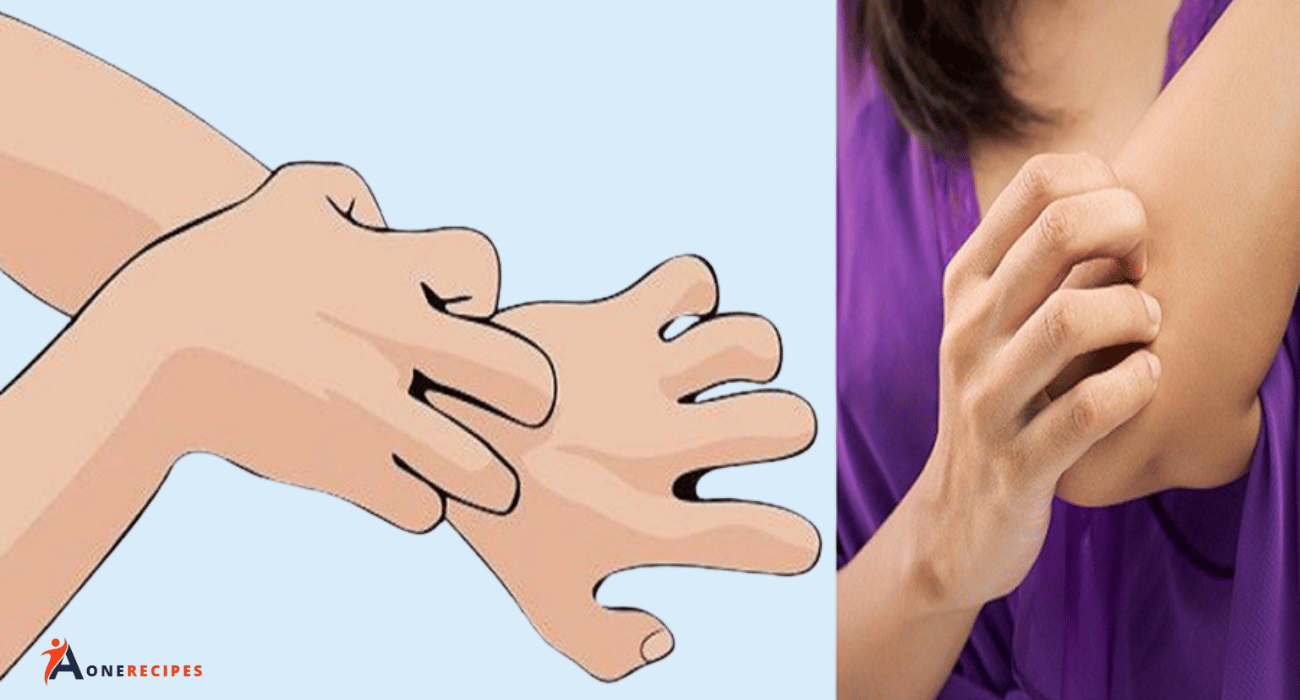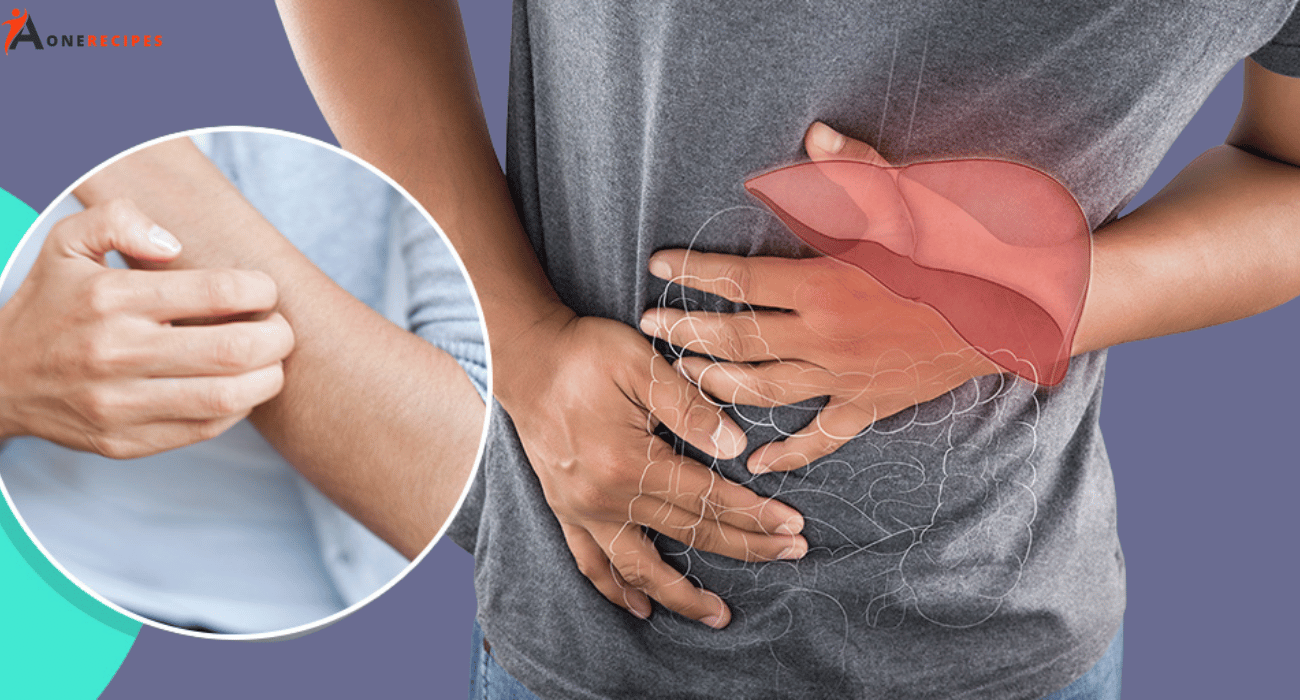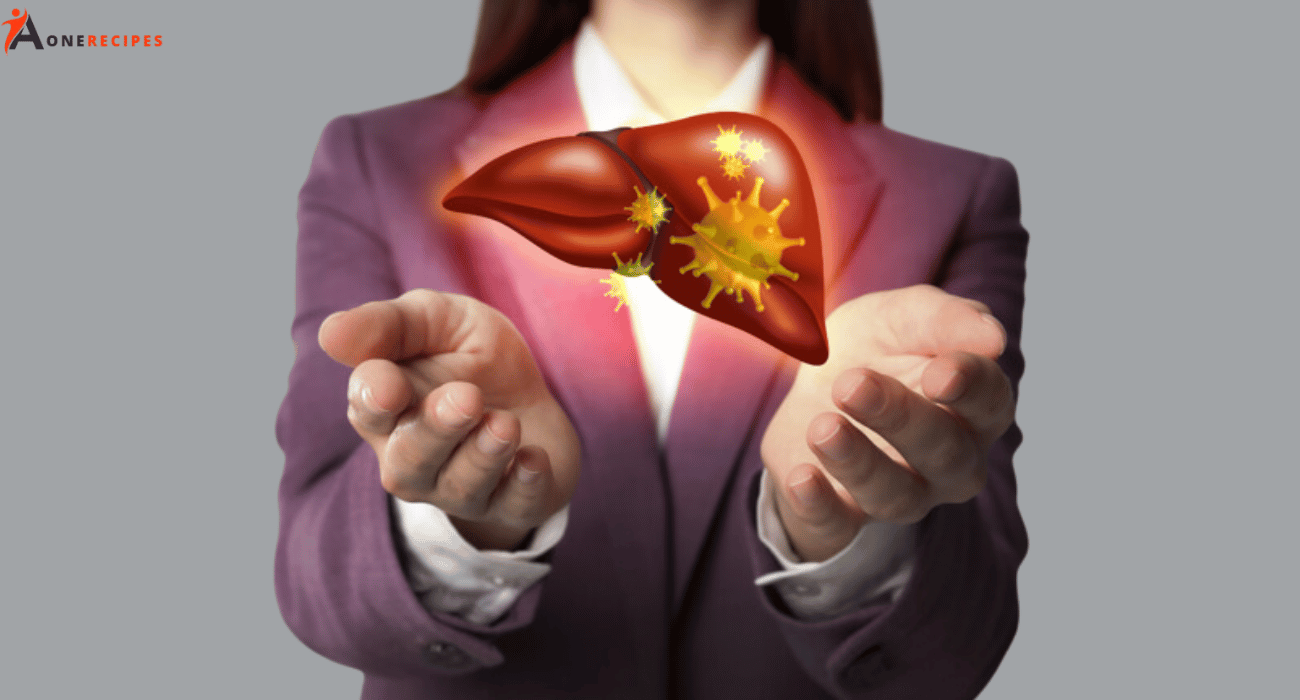Signs That Cancer May Be Developing in Your Body Early On
There are many different types of cancer, each with its own specific symptoms. In this article, we provide a comprehensive guide containing important information about various types of cancer and their associated symptoms.
Table of Contents:
- Introduction
- Kidney or Vesicle Cancer
- Breast Cancer
- Uterine and Cervical Cancer
- Bowel Cancer
- Stomach Cancer
- Lung Cancer
- Skin Cancer
- Pancreatic Cancer
- Leukemia (Blood Cancer)
- Lymphoma
- Brain Cancer
- Common Cancer Symptoms
Introduction
Cancer is a disease that has many different types, and recognizing the symptoms associated with each type is crucial. Sometimes, cancer symptoms can overlap, and the presence of a certain symptom doesn’t necessarily mean cancer is present. Therefore, regular medical check-ups are important for early detection.
Kidney or Vesicle Cancer
Kidney cancer occurs when cancer cells grow inside the tiny tubes in the kidneys. Symptoms include:
- Blood in the urine.
- Pain or a burning sensation during urination.
Breast Cancer
The most common early sign of breast cancer in both men and women is the presence of a lump in the breast, along with:
- Itching or redness of the skin.
- Pain in the nipple area unrelated to pregnancy, breastfeeding, or menstruation.
Uterine and Cervical Cancer
Uterine and cervical cancer occur due to abnormal cell growth in the cervix. Symptoms include:
- Unusual bleeding between periods.
- Severe pain during menstruation.
- Unusual discharge.
Bowel Cancer
Bowel cancer, affecting the colon (the last part of the large intestine), presents symptoms such as:
- Rectal bleeding.
- Blood in the stool.
- Changes in bowel habits, such as diarrhea or constipation.
Stomach Cancer
Stomach cancer symptoms may include:
- Vomiting blood.
- Difficulty digesting food.
- Pain after eating.
- Unexplained weight loss.
Lung Cancer
Lung cancer is a leading cause of cancer-related deaths. Symptoms include:
- Persistent cough that doesn’t go away.
- Coughing up blood.
- Chest pain.
Skin Cancer
Skin cancer is the abnormal growth of skin cells, often developing on areas exposed to the sun. Symptoms include:
- Changes in the size, color, or appearance of existing moles.
- New moles or lumps under the skin.
- Skin ulcers that don’t heal.
Pancreatic Cancer
Pancreatic cancer generally doesn’t show symptoms until it reaches an advanced stage. Later symptoms may include:
- Jaundice (yellowing of the skin and eyes).
- Abdominal or back pain.
Leukemia (Blood Cancer)
Leukemia, a type of blood cancer, occurs in the tissues responsible for blood cell production. Symptoms include:
- Chronic fatigue.
- Pale skin.
- Unexplained weight loss.
- Frequent infections.
- Recurrent nosebleeds.
- Bone or joint pain.
Lymphoma
Lymphoma, cancer of the lymph nodes, can cause symptoms such as:
- Swollen lymph nodes that feel firm.
- Itchy skin.
- Night sweats.
- Unexplained weight loss.
- Fever.
Brain Cancer
Brain cancer occurs when abnormal cells grow in the brain tissue. Symptoms include:
- Persistent headaches.
- Localized pain.
- Blurred vision or other neurological signs that could indicate a brain tumor.
Common Cancer Symptoms
Some symptoms overlap across different types of cancer, including:
- Fatigue.
- Unexplained weight loss.
- Night sweats.
- Headaches.
It’s important to note that these symptoms do not necessarily indicate cancer, but they are warning signs that should be addressed by consulting a doctor. Early detection of cancer increases the chances of successful treatment.



